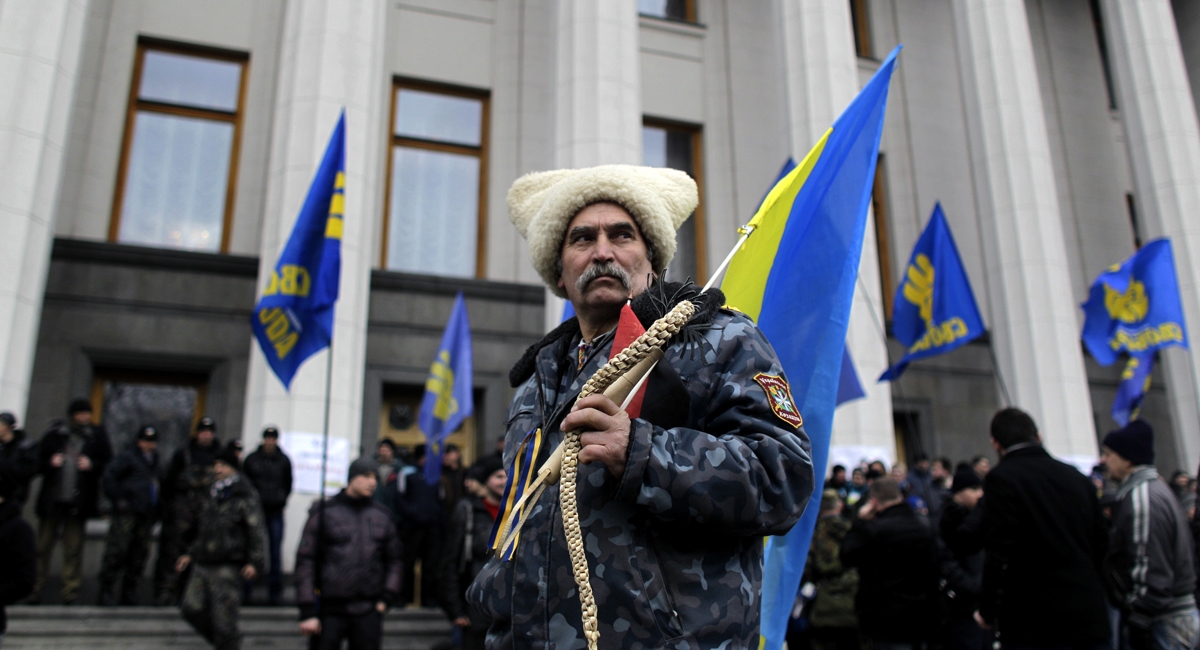Good intentions – mixed results

In today’s world, efficient crisis response is much needed and often attempted. Yet after more than two decades of heavy international engagement in various types of external third-party crisis response, we still do not know much about what works, what does not, and under what type of conditions. New tools are constantly being added to the international crisis response toolbox, resulting in missions with ever-expanding mandates that are not met by more resources. Rather, the opposite seems to be the case. The trend is that the international community is trying to achieve more with fewer resources. This is the case for all large international players, be they super powers such as the US or international organisations such as the EU. All face various crisis situations to which they must try to respond as efficiently as possible.
Currently, the EU is confronted with a range of crises in its immediate and wider neighbourhood. Crises surround the EU almost like concentric circles; there are the partly solved conflicts in the Balkans, the ongoing conflicts in Ukraine, Afghanistan, the Middle East (e.g. Syria and Iraq), North Africa (e.g. Libya) and the Sahel (e.g. Mali). Each represents a different kind of threat or challenge to the EU and its member states. The level of severity and the security implications explain why the EU is or has been engaged in these areas through its various institutions, instruments and policies. There is no one uniform EU response to these very different crises, but in all cases the EU tries to address issues concerning security and governance.
The EU may be one of the world’s most frequently studied international institutions, but a comprehensive understanding of the implementation and practices of its crisis-response mechanisms, and how these responses are perceived in target countries, is still lacking. The literature on EU crisis response has generally focused on various aspects of the capability-expectations gap – the mismatch between the EU’s own expectations and ambitions on the one hand, and its capabilities and capacity to act, on the other. While this focus is valid, there needs to be a systematic, in-depth analysis of the EU’s crisis-response mechanisms in specific target countries, and how these mechanisms are received and perceived on the ground. This is the void in the literature that EUNPACK has been designed to fill.
The main objective of our project is therefore to unpack EU crisis-response mechanisms, to provide new insights into how crisis response functions are received on the ground in target countries, and also how they can be improved. By introducing a bottom-up perspective combined with an institutional approach, this project breaks with the dominant line of scholarship on EU crisis response that has tended to view only one side of the equation. Our approach will enable us to explore local agencies and perceptions in target countries without losing sight of the EU’s institutions and their expectations and ambitions; it will allow us to analyse the full cycle of dynamic events, from EU intentions, motivations and subsequent implementation, to local actors' perceptions and reactions, and back again to EU intentions and understanding.
This is based on our understanding that empirical research into this type of problem must be based on systematic micro-political analyses of crisis-response mechanisms in various cases that represent the full range of the EU’s external relations. This evidence base will have to be established to close the knowledge gap between the EU’s comprehensive institutional mechanisms and ambitions for crisis response, and the highly mixed results on the ground in target countries. For each case, we will explore the nexus between the declared objectives of EU crisis response, their implementation and how they are perceived by a wide range of relevant local actors, and the intended and unintended consequences of these policies. In order to do this, the analysis will draw on a combination of EU studies and peace/conflict studies. The results of our research will allow us to present policy recommendations that are fine-tuned to making the EU’s crisis-response mechanisms more conflict- and context-sensitive, and thereby more efficient and sustainable.
In the coming months, this website will come to life as working papers and blog posts based on a micro-political analysis of EU crisis-response mechanisms in the Balkans, Ukraine, Afghanistan, Iraq, Libya and Mali are added to the existing material. Our aim is that this website will become a focal point for debates, not only among the EUNPACK participants, but the wider community of researchers and policy-makers who are grappling with conflict, state-building, governance and security in areas of chronic political unrest.
Welcome to EUNPACK.

